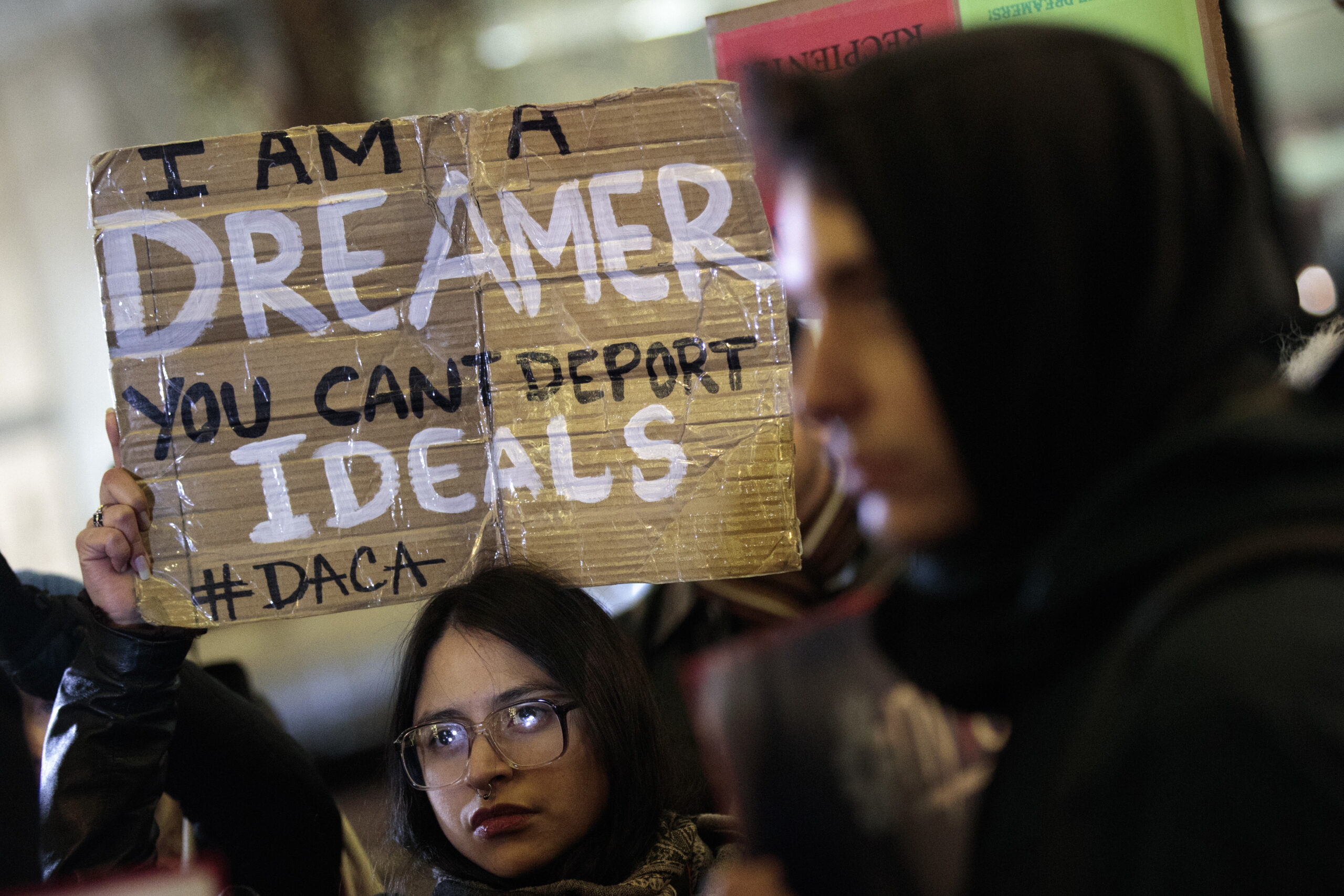What are the Economic Effects of Ending DACA?

Jan 26 | 2018

ktla.com
Immigration, in recent years, has been a hot-button topic in American politics. Most recently, the debate has centered around DACA, or Deferred Action for Childhood Arrivals. The three-day government shutdown in January was instigated by Democrats to push for a vote in the Senate on this issue. This program, instituted by the Obama administration, gives
